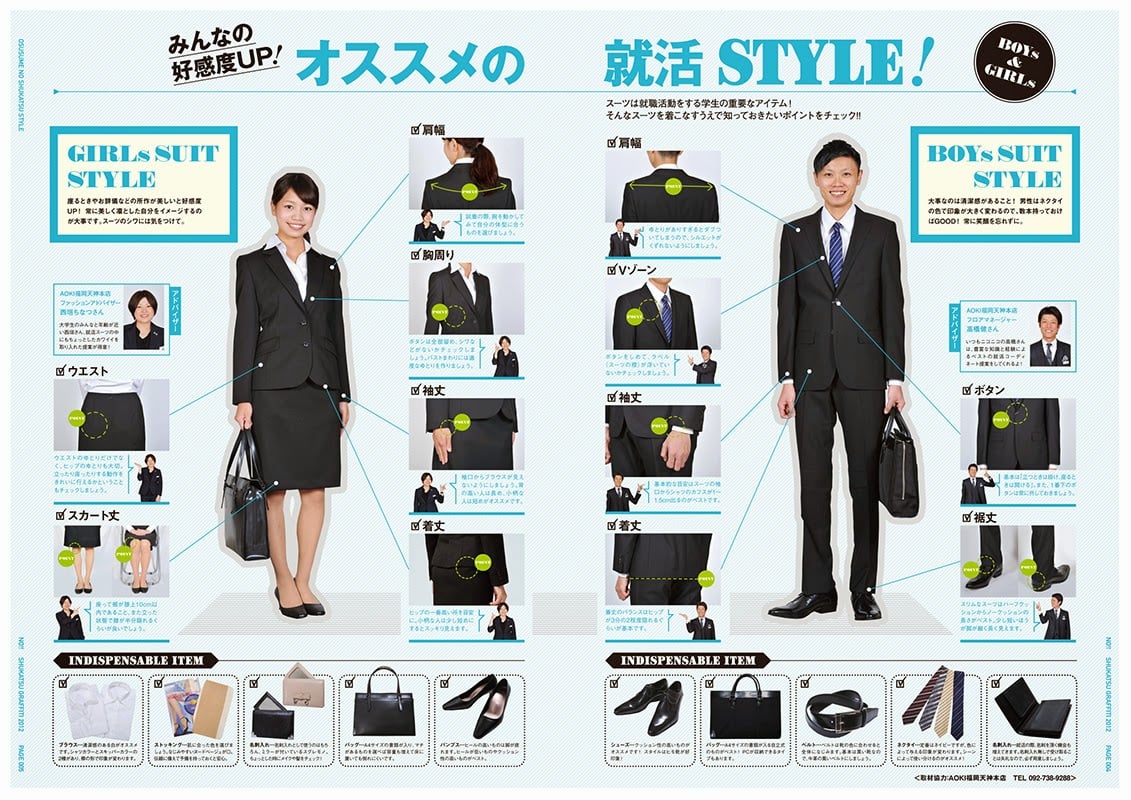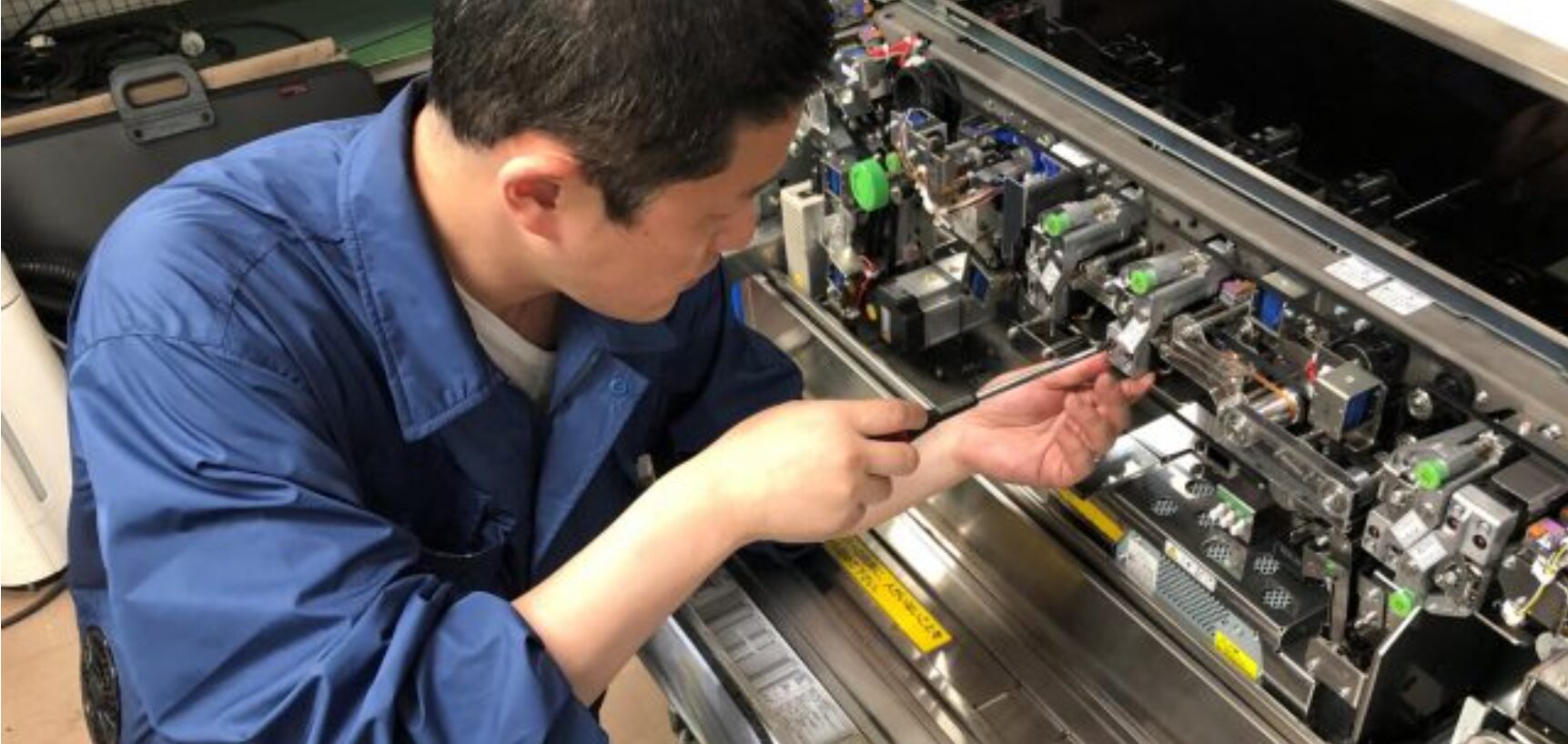
The JET Programme will be your golden ticket to Japan for many of you who want to live in Japan. It offers a very reasonable salary, 20 paid days off a year, and total immersion in a country that fascinates many.
For me, the JET Programme looked like an English teaching job that wasn’t a scam amongst the sea of suspicious-looking ads. I didn’t have much interest in Japan specifically, but now I’m in my 4th year here and I absolutely adore this volcano-covered island chain, with all its weird and wonderful quirks.
I originally applied to the JET programme in 2017 and was accepted then. Unfortunately, due to personal circumstances, I had to turn down the job offer. But in 2018 I reapplied and was accepted again. I don’t mean to sound like a big dog, but I’m probably one of only a few people to have done the JET interview twice and been approved both times. That leads me to today’s post, 4 tips on how to nail the JET interview.
1. Show You Won’t Jump Ship
Hiring a new ALT on the JET Programme is quite a financial commitment for the Japanese government. Rather generously, the government pays for your flight over to Japan, training, and setting you up with all the essentials of daily life, not to mention all the extra resources you’re offered by your individual Board of Education. If you stay longer, you make all that time, money and effort invested by your contracting organization worthwhile.
With that in mind, the main thing you should be conveying in your JET interview is, “I will stay in Japan for a while”. How can you do that? Prove that you don’t just love Japan for its pop culture. Show that you have experience living a long way from home, or that you have a hobby that you’re keen to pursue in Japan that might lead to you forming a strong group of friends. I remember one interviewer went off on a speech about how he had a rugby team that got him through his time, before asking me, “…so what hobbies do you think you have that’ll get you through?” I answered my love for music would do that, and lo and behold it has. I’ve managed to worm my way into the music scene in my city, performing on the regular with my Japanese mates and having many a fun night out.
In both of my JET interviews I was asked, “What experience do you have living abroad?” and “How do you think you’ll overcome culture shock?”, so it’s obviously a priority that they take on people that are likely to stay long term.
One mistake I think a lot of people make is thinking a love for anime/manga is enough to get you through your time here. It’s a big part of the culture here, but it’s certainly not going to make you want to stay long-term. Show you can cope with living a long way from home for other reasons.

2. Show Up
I distinctly remember the day of my first JET interview. In typical Japanese style, it was a highly organized affair, with a conveyor belt of seats set up until it was finally your time to enter the interview room. For me, it’s always been common practice to try and ‘show up’ to an interview. First impressions are important. So, you can imagine my shock when in this conveyor belt of applicants, I could clearly see about half with their ties not done up properly, top buttons were undone, slouching in their chairs. Like c’mon people, if you want a job then you’ve got to show up looking serious.
And this brings me to my second piece of advice, get a good-looking black suit, shave if you’re a bloke, and carry yourself with some confidence. Japan is a country driven by social pressure and unwritten rules about how business meetings are conducted. Look these rules up before you turn up to stand a better chance. I know this sounds incredibly obvious, to the point of condescension, but Japan is all about first impressions, so you’d better make a good one.
3. Research the JET Programme
I was interviewed by an ex-JET the second time and he asked me, “What would you do if you had loads of free time between lessons?” To be honest, at that time I didn’t realise that it was well known that on the JET Programme, you are left with a lot of ‘desk-warming’ time, and how you use that is kind of the make or break of this job and make or break of how your co-workers will see you. I gave quite a stock response, “I’d plan lessons and work hard for my students.”
I think you’d do just as well if you added in, “If I had absolutely nothing to do, I’d be focussed on learning more Japanese to help build relationships with my co-workers or try and join another subject’s lesson to interact with the kids more.” This all ties back into the ‘I will stay more than a year’ thing. If you show a willingness to use your time effectively to not only be a good teacher, but form bonds with those around you, you’ll be less likely to be a one-and-bounce applicant.
Also, the JET programme is infamous for ignoring all your preferences for location and sticking you in the middle of nowhere. Go in with ammunition about how you’d be happy anywhere in Japan. I made a huge point both times I interviewed to make sure they knew I didn’t care where I was placed. If you seem fussy over a particular area then you’re making yourself harder to employ in this line of work.
4. No Japanese, No Problem
I was petrified when I walked into the Japanese Embassy in London, full well knowing I had no clue how to even say hello in Japanese. I know in the advertisement it says that you don’t need Japanese ability, but I didn’t quite believe it. But then I walk into my interview, sit down, and am told immediately, “your application reminded me of mine back in the day. I didn’t know any Japanese going to Japan, and after 5 years I passed my N1. If anything, I advise you to not learn Japanese so it’s all new to you when you’re there.”
I think so many JET applicants waste time and effort trying to fake being a fluent Japanese speaker for their interview, when in fact they just want genuinely nice people who will represent their countries in a good way. I think a willingness to learn is important to convey, but an actual ability isn’t. After 4 years here, I’ve done exactly what my interviewer told me and learned Japanese fluently from scratch, and I genuinely think it’s been more fulfilling than if I’d learned it before arriving. Focus on being a good applicant for living abroad, not a perfect Japanese person.
And there you have it, 4 tips from someone who got approved twice to the JET programme on how to smash the interview. I wish you all the best of luck.

















